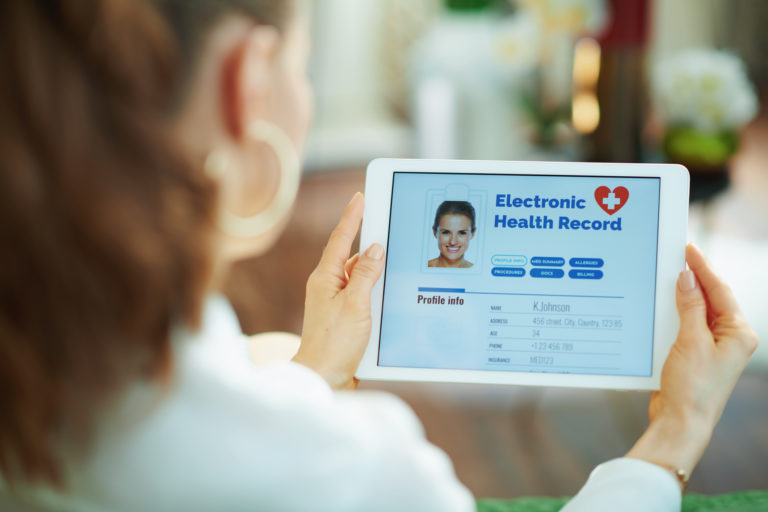Navigating HIPAA Compliance in Modern Healthcare
The Strongest Data Security Measures to Protect Your Patients’ Privacy
To put it bluntly, your healthcare organization can’t function without HIPAA compliance. Everything from your financial health to patient satisfaction relies on your ability to maintain data security.
However, in your industry, it’s your extensive access to sensitive information that puts you at risk of having a breach. Unfortunately, recent data reflects an uptick in healthcare cybersecurity attacks with no signs of going away.
In fact, according to the Identity Theft Resource Center (ITRC), healthcare is the most targeted industry for data breaches. Just last year, healthcare organizations worldwide averaged 1,463 cyberattacks per week—a staggering 74% leap compared to 2021.
Everything that contains patient data, like online intake forms and communication tools, presents considerable data security risk. There are many areas in your practice that could contain data leaks, but how can you plug all of them?
Here, we’ve provided top security measures to make sure your organization stays legally compliant and secure against data breaches.
Adapting to Evolving Data Security in the Digital Era
Since its introduction in 1996, the Health Insurance Portability and Accountability Act (HIPAA) has evolved significantly. Under the Health and Human Services (HHS), HIPAA’s Privacy Rule and Security Rule now provide comprehensive measures for patient data protection and security. Together, they outline stringent measures to prevent healthcare fraud, ensure continuous coverage, and streamline health insurance administration.
The rich history of HIPAA and its ongoing changes signal the need for healthcare providers to stay current. Progressing into the digital age, the interaction between technology and healthcare will continue to become more integrated.
Alongside HIPAA in the United States, other countries (the European Union and Canada) have regulations to protect personal data. The EU’s General Data Protection Regulation (GDPR) and Canada’s Personal Information Protection and Electronic Documents Act (PIPEDA) enforce stringent security measures. Both highlight the global importance of robust data safeguards and serve as industry data security standards.
Similar to evolving data security standards, medical practice has taken on a new shape in the digital world. Now, healthcare practices can better manage patient information, eliminate paper waste, and save significant time and resources. They can also prevent the physical loss and compromise of patient data, positioning them to adhere to changing standards.
But while technology is helpful in many ways, it still presents a new set of challenges. As such, the move to digital signals the need for rigorous protocols to ensure the protection of sensitive health information.
Identifying Data Security Risks in Your Organization
In the digital shift, online intake forms, emails, and text messages are probably a significant part of your clinic’s workflow. However, these channels can present significant security risks, especially when it comes to handling Electronic Protected Health Information (ePHI).
For instance, many practices rely on email to send and receive intake forms containing patients’ sensitive health information. While this is convenient, standard email systems lack the required safeguards to protect ePHI adequately.
In fact, even if the email encrypts its content, it may not encrypt the header and subject line. This can compromise the email’s security. Plus, in addition to hackers, staff may mistakenly send sensitive information to the wrong recipient.
Similarly, text messaging has become an integral part of patient communications. Providers use it for everything from appointment reminders to sharing educational materials.
But despite their convenience, text messages can’t always guarantee patient identity verification or data security. Standard text messaging services don’t offer the necessary encryption to protect sensitive information. A lack of encryption creates a potential avenue for unauthorized access to protected health information.
HIPAA-Compliant Requirements for Online Forms & Patient Communication
To ensure your online forms and patient communication platforms are HIPAA-compliant, they need to meet three main criteria:
- Encryption: To comply with HIPAA’s Security Rule, all patient communication needs appropriate access controls. It also mandates adequate encryption and robust security software for data protection. The software needs to safeguard data both in storage and during transmission (“in transit” and “at rest”).
- Access controls & data integrity: You need to consider the physical protection of patient data. In order to avoid exposing ePHI, you should complete forms on a device forfeited with adequate technical and physical defenses. In addition to encryption, this includes password protection and advanced approval measures to secure access.
- Business Associate Agreements (BAA): If using an external provider (like intakeQ), you need an active BAA with the vendor. This allows you to adhere to the HIPAA Privacy Rule. The BAA must clearly articulate the obligations and liabilities of all involved parties.
Moreover, it’s worth mentioning that these measures aren’t just compliant with HIPAA. Security lies at the core of HIPAA, PIPEDA, and GDPR. By adhering to the criteria outlined in HIPAA, you’ll take a significant stride towards maintaining global security standards.
The Easiest Way to Safeguard Patient Data
Fortunately, with a platform dedicated to data protection, your intake forms, emails, and text messages are much safer from costly breaches. With intakeQ, you gain a robust and secure platform for all communications in your practice:
- HIPAA-compliant communication: intakeQ offers HIPAA-compliant online forms and a secure messaging portal. Together, they ensure the protection of both your email and text communications. From sending messages and documents to images, you can rely on intakeQ to uphold stringent data security standards.
- Data encryption and patient consent: intakeQ encrypts your data both in transit and at rest, offering an additional layer of security. It also streamlines the process of acquiring and documenting patient consent for digital communication, mitigating potential risks associated with privacy concerns.
- Safeguarding personal information: There’s no need to send personally identifiable information through insecure channels. intakeQ’s secure portal informs patients of new messages, further enhancing data protection while providing the convenience of digital communication.
With intakeQ, you’re able to harness all the benefits of digital healthcare without succumbing to the risks it presents. It enhances and secures all patient communications, allowing your healthcare practice to adhere to HIPAA, GDPR, and PIPEDA.
intakeQ: Your Strongest Ally in HIPAA Compliance
The technological changes in healthcare aim to make your job easier and improve patient care. But with evolving regulations and targeted breaches in your industry, such advances can make data security complex and tricky to navigate.
Protecting your patients’ information should be a top priority, but it shouldn’t overshadow your mission of caring for them.
With intakeQ as your strategic digital partner in data compliance, you can trust that patient data is safe. The secure platform offers HIPAA-compliant forms and robust messaging with advanced encryption. Then, your clinic can improve the patient experience while keeping their sensitive information under lock and key.
If you aim to enhance your practice’s security and patient communication, consider starting with intakeQ today. It’s more than compliance— it’s about forging a safer, secure future in digital healthcare.
References
Alder, S. (n.d.). HIPAA History. The HIPAA Journal. https://www.hipaajournal.com/hipaa-history/#:~:text=HIPAA%20has%20not%20been%20modified
Alder, S. (2023, March 12). Is it a HIPAA Violation to Email Patient Names? The HIPAA Journal. https://www.hipaajournal.com/is-it-a-hipaa-violation-to-email-patient-names/
Cassio. (2018, October 1). How Concerned Are Patients About Privacy? IntakeQ . https://blog.intakeq.com/how-concerned-are-patients-about-privacy/
Cassio. (2021, September 22). Is Text Messaging HIPAA-Compliant? IntakeQ . https://blog.intakeq.com/is-text-messaging-hipaa-compliant/
Phillips, L. (2023, January 27). Healthcare Cyberattacks Increasing in 2023. Insider Intelligence. https://www.insiderintelligence.com/content/healthcare-cybersecurity-2023-hive-s-shutdown-good-news-cyberattacks-only-getting-worse#:~:text=Healthcare%20organizations%20across%20the%20world


